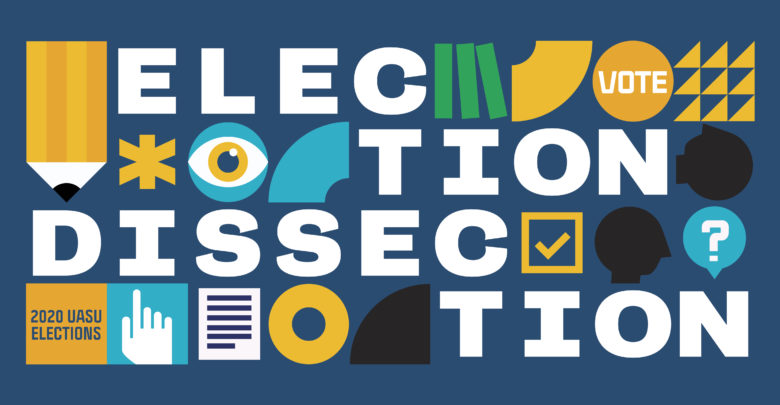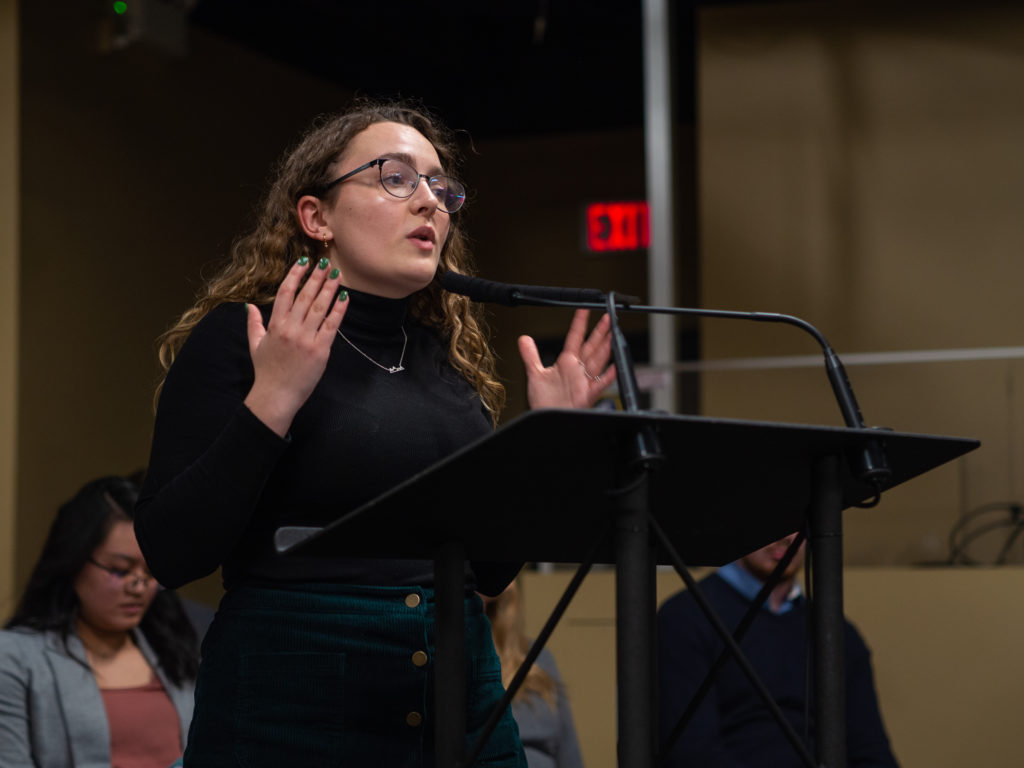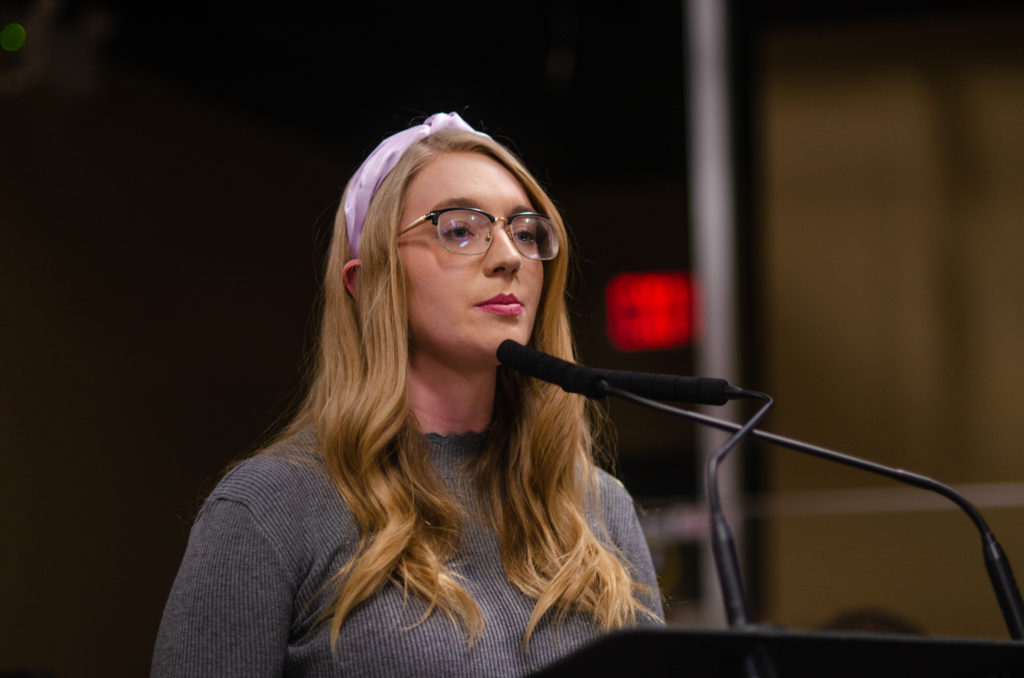SU Elections 2020 Dissection: Vice-President (Student Life)
The panel discussed candidates plans to hire a sexual assault coordinator and intrauterine device coverage by the Students' Union health plan
 Peter Elima
Peter ElimaEvery year The Gateway hosts a panel to determine who should and who will win in each race for the Students’ Union elections to assist those undecided on who to vote for. Our election dissection panel is here with their insights on student politics and their takes on this year’s candidates.
Opinions expressed by the panellists do not reflect those of The Gateway.
The panel
This years panel for election dissection included:
- Victoria Chiu: current first-year law student and former Online Editor and Arts & Culture Editor at The Gateway.
- Kevin Mpunga: second-year bilingual nursing student and vice-president (media and marketing) at the Black Students’ Association.
- Rory Storm: U of A alumni, past candidate for Students’ Union vice-president (student life), and past president of the U of A Interfraternity Council.

The Candidates
Talia Dixon, third-year student double majoring in women’s and gender studies and political science and arts councillor for Students’ Council.

Katie Kidd, fourth-year student in secondary education and education councillor for Students’ Council.

The panel began discussion with addressing the campaign for vice-president (student life) to hire a sexual violence prevention and response coordinator for the university.
Storm, a candidate who ran unsuccessfully to become vice-president (student life) last year, said this issue was discussed “at length” in the previous campaign.
“This is betting on the university to fund these initiatives,” Storm said. “Currently, that is really hard.”
“It is so tough to get the university to pay money,” he added. “Especially if you only have 20 per cent of the university-body [which are undergraduate students] voting [in Students’ Union elections] than the university has 80 per cent on their side.”
Storm and Chiu agreed that while the position is necessary, the fact that neither candidate addressed what that position would do or offer students once hired is a “point lost for both candidates.”
The entire panel agreed that Dixon’s response to a question during the SUBStage Forum where she said if elected, and she was unable to push the university to hire the sexual violence prevention and response coordinator, she would hire one at the Students’ Union, was a good one.
“I think that is really smart of her,” Chiu said. “I remember this being talked about last year. The fact Talia [Dixon] has a new approach to it is definitely something noteworthy.”
The panel also noted Dixon’s point about removing upfront costs for intrauterine devices (IUDs) was a strong point that could tangibly be completed within her term.
Mpunga said Kidd’s platform held a lot of language like “improve” or “finalize.”
“That is broad language to me,” he said. “That particular language doesn’t tell me that she is the best to do that. If Talia [Dixon] wins could she ‘improve’ or ‘finalize’ those things as well? Of course, so why should I vote for her?”
Ultimately, the panel said that both candidates are clearly people who have “student interests at heart,” “have researched well,” and that it will likely come down to marketing and social media use to determine who will win.




